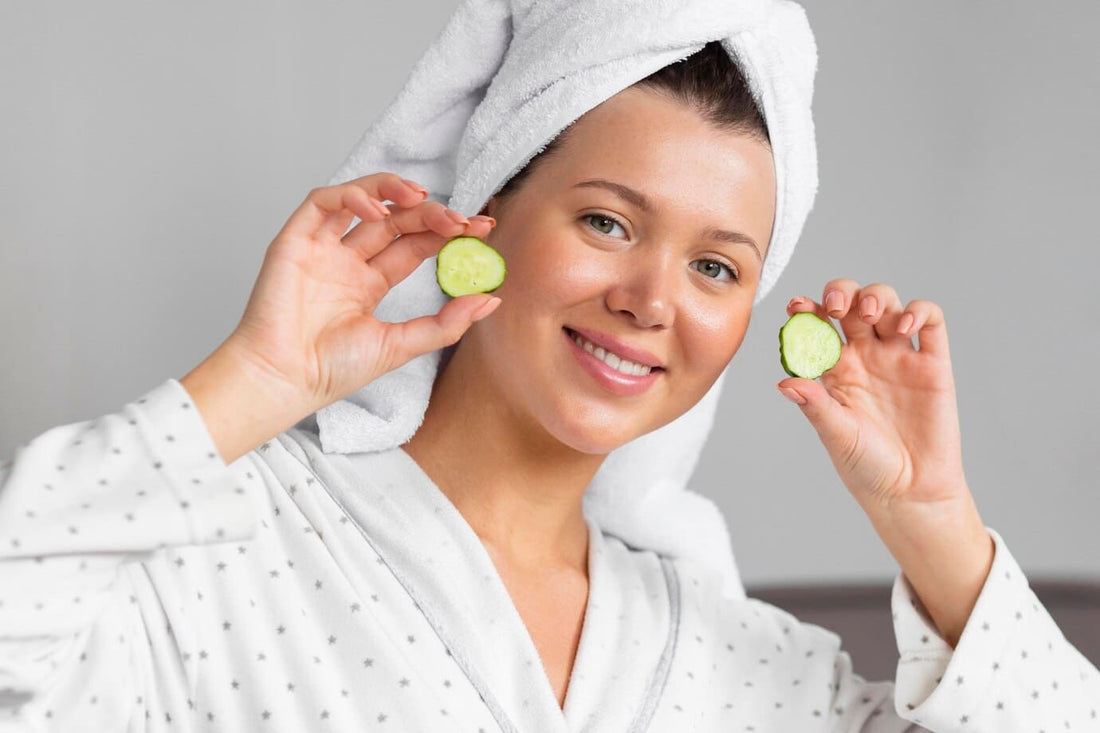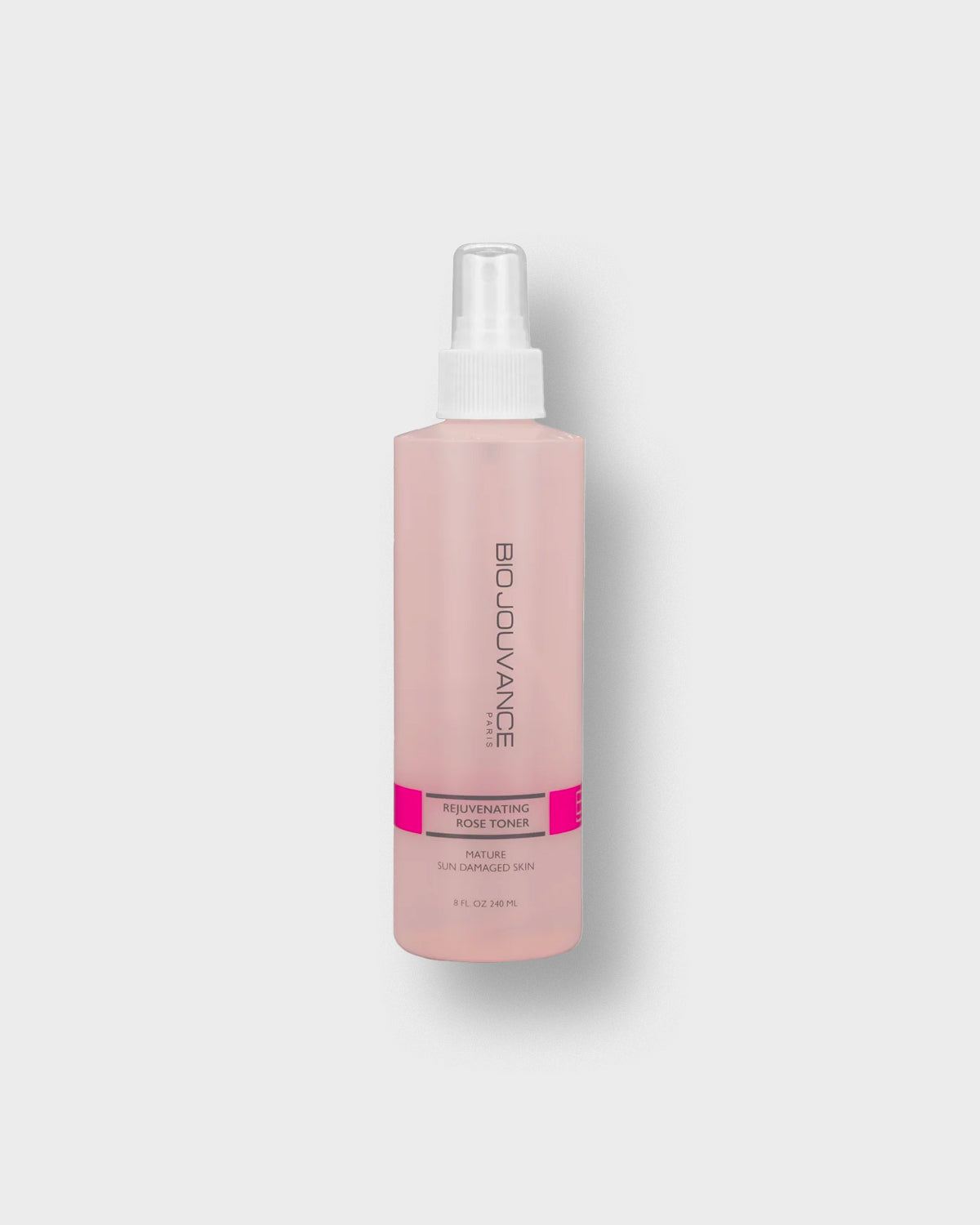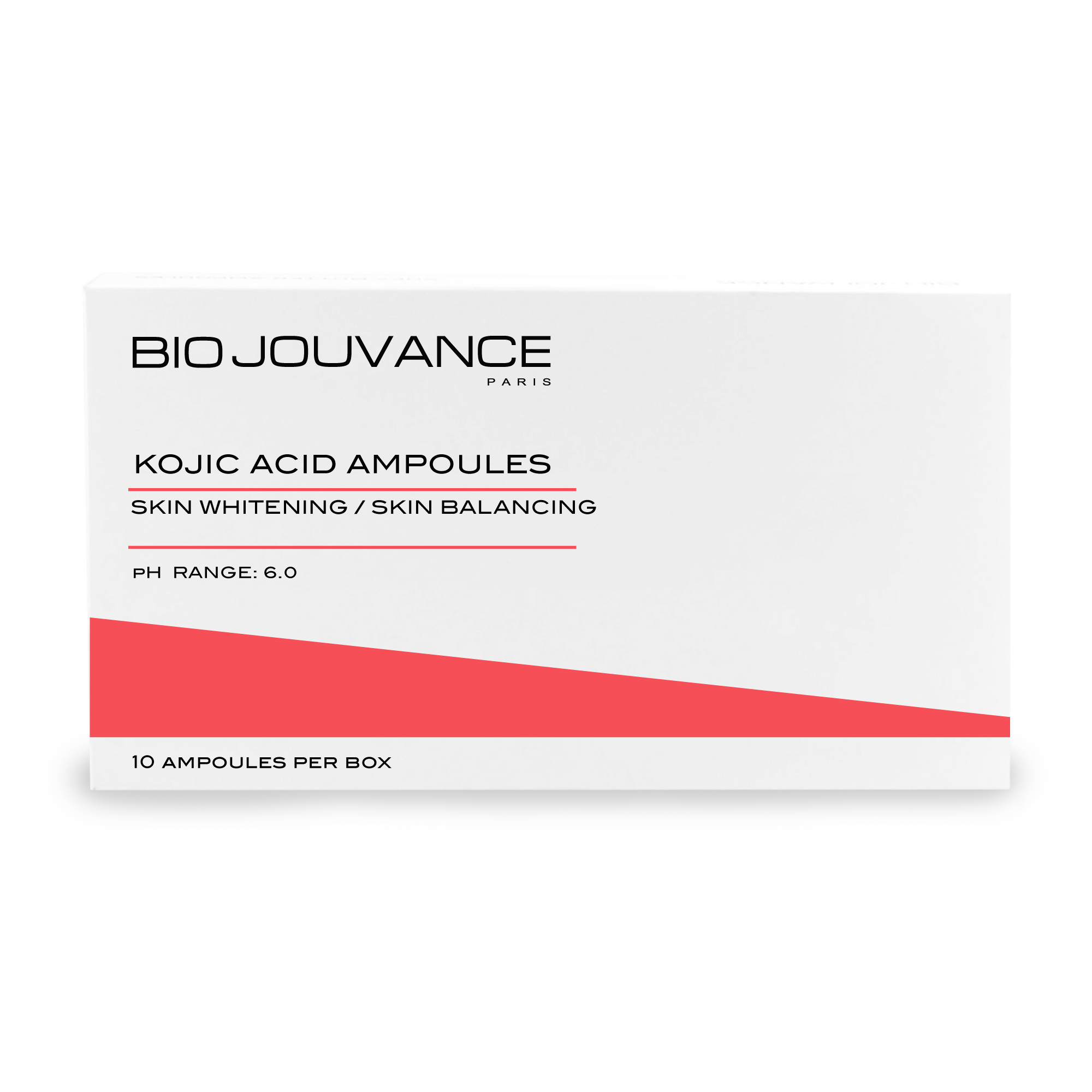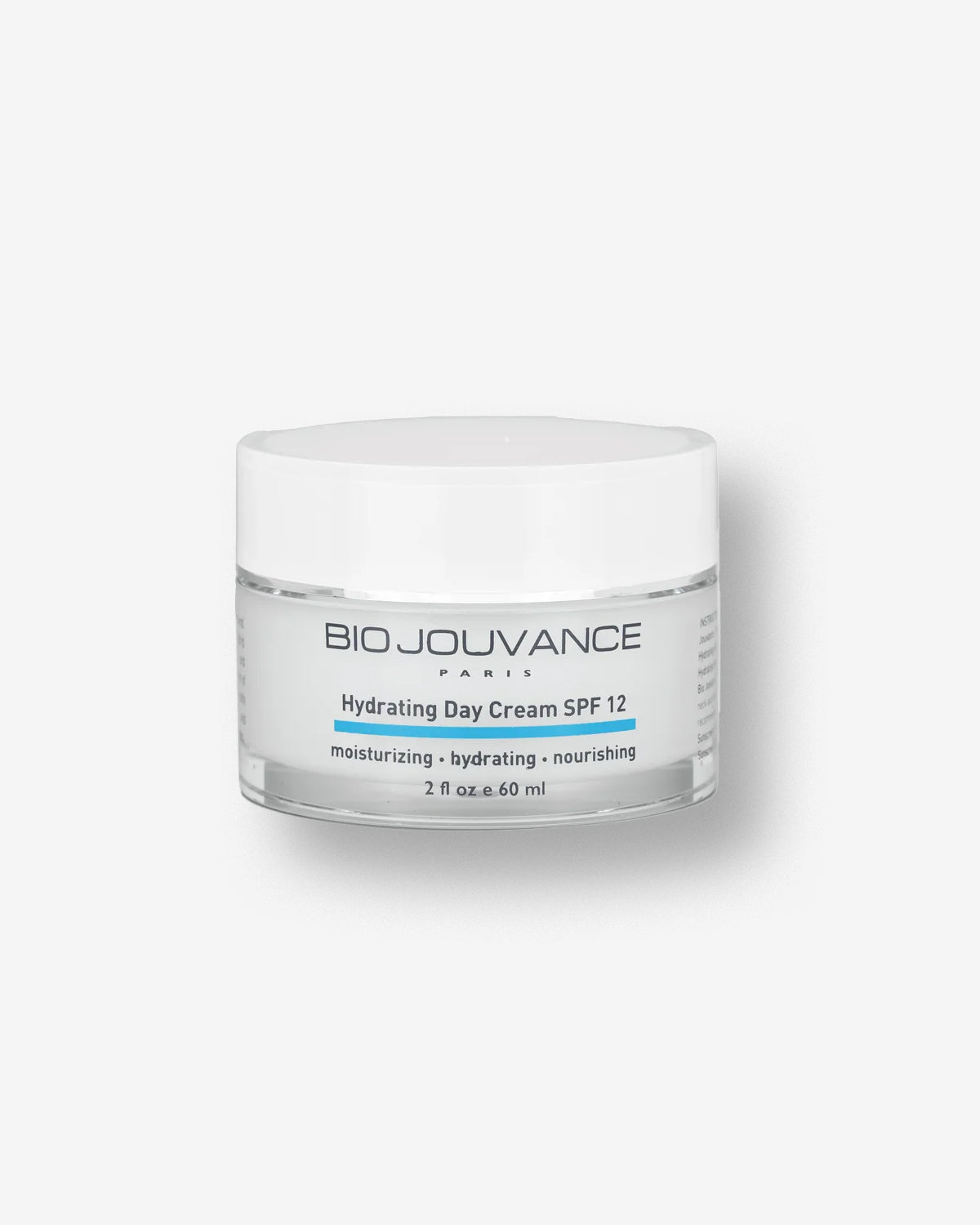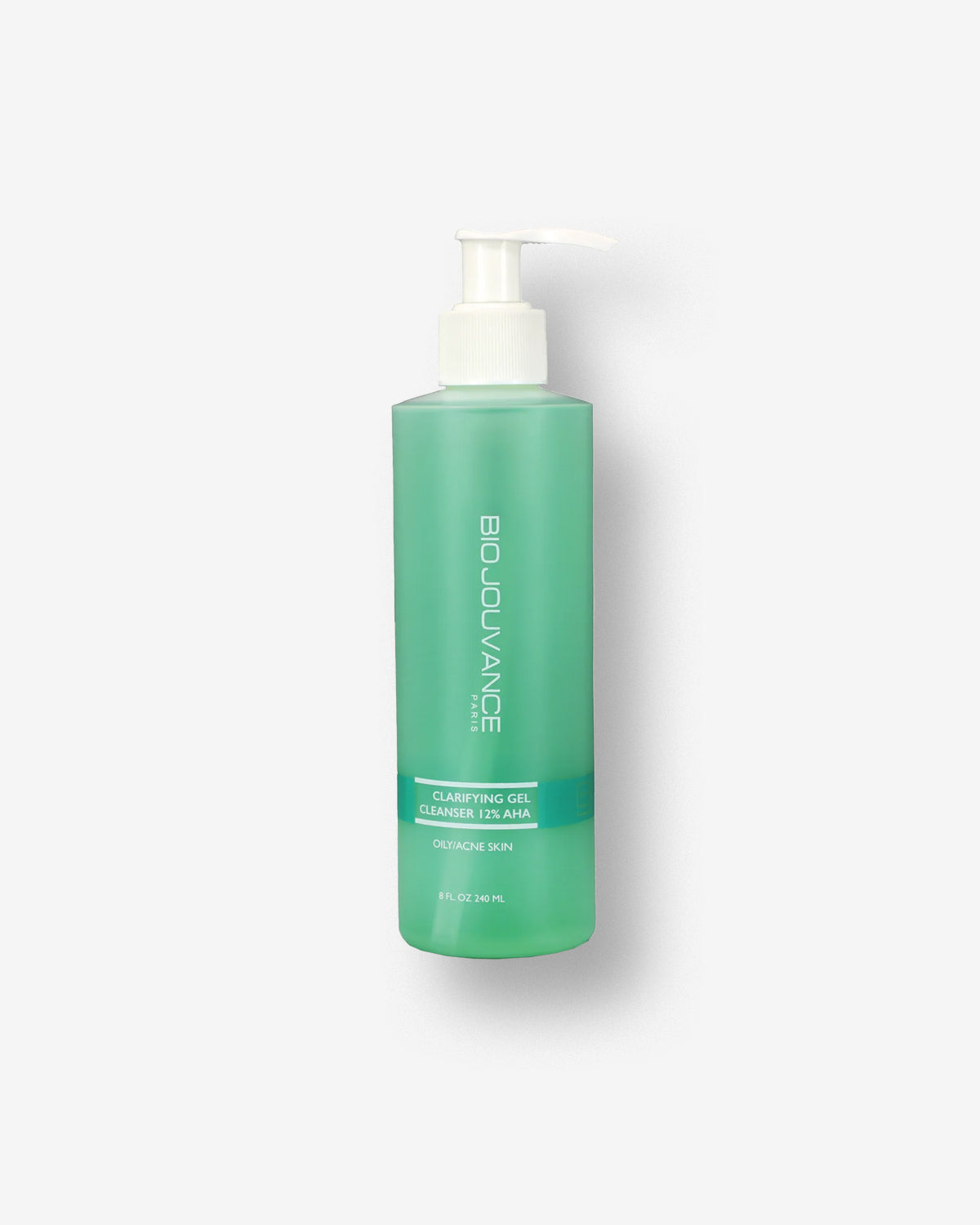Exfoliators for Face: Buff, Reveal, and Glow!
Exfoliators for Face: Buff away dullness for a radiant complexion.
Exfoliators for Face: Reveal smoother, brighter skin with the right exfoliation.
Exfoliators for Face: Find the perfect exfoliator to fit your unique needs.
Does your skin feel dull and rough? Longing for a brighter, smoother complexion? The answer lies in exfoliation! Exfoliators for face are essential tools for removing dead skin cells, revealing the fresh, healthy skin beneath. But with a variety of exfoliator types available, choosing the right one can feel overwhelming. Fear not! This guide will delve into the world of facial exfoliators, explaining their benefits, different types, and how to select the perfect one for a glowing you.
Exfoliation is the process of removing dead skin cells that accumulate on the surface of your skin. These dead cells can make your skin appear dull, rough, and uneven in texture. Regular exfoliation not only reveals a brighter, smoother complexion but also helps other skincare products penetrate deeper for better results. There are two main categories of exfoliators: physical and chemical.
Physical Exfoliators:
- Utilize scrubbing particles like sugar, salt, or jojoba beads to physically buff away dead skin cells.
- Generally suitable for oily or combination skin.
- Caution: Can be abrasive and irritate sensitive skin.
Chemical Exfoliators:
- Rely on acids (AHAs or BHAs) to gently dissolve dead skin cells.
- AHAs (glycolic, lactic acid) are great for dry or sun-damaged skin.
- BHAs (salicylic acid) are ideal for oily or acne-prone skin.
Choosing the Perfect Exfoliator:
- Skin Type: Consider your skin type. Physical exfoliators work well for oily/combination skin. Chemical exfoliators cater to various concerns (dryness, acne, etc.).
- Sensitivity: Opt for gentle chemical exfoliators with AHAs like lactic acid if you have sensitive skin. Avoid harsh physical scrubs.
- Skin Concerns: Address specific issues. Salicylic acid for acne, glycolic acid for sun damage, etc.
Frequently Asked Questions about Exfoliators:
- How often should I exfoliate?
Exfoliation frequency depends on your skin type and the exfoliator's strength. Start with 1-2 times a week and adjust based on your skin's sensitivity.
- Can exfoliators damage my skin?
Yes, over-exfoliation can irritate the skin. Be gentle during application and avoid using exfoliators on broken or irritated skin.
- Are there alternatives to exfoliators?
Chemical exfoliation is a good option for those with sensitive skin who cannot tolerate physical scrubs. Alternatively, consider exfoliating cleansing brushes with soft bristles.
Unveiling Your Radiant Skin
Now that you've explored the world of exfoliators, it's time to find the perfect match for your unique skin! Bio Jouvance Paris offers a range of natural, cruelty-free exfoliators formulated with high-quality ingredients. Whether you prefer a gentle physical scrub or a targeted chemical exfoliant, Bio Jouvance Paris has the solution for a smoother, brighter you.
Contact Us Now at info@biojouvance.com or call us at 1-800-272-1716 to discover our collection of exfoliators and create a personalized skincare routine that works for you. Let Bio Jouvance Paris help you achieve your skincare goals and unveil your most radiant complexion!


